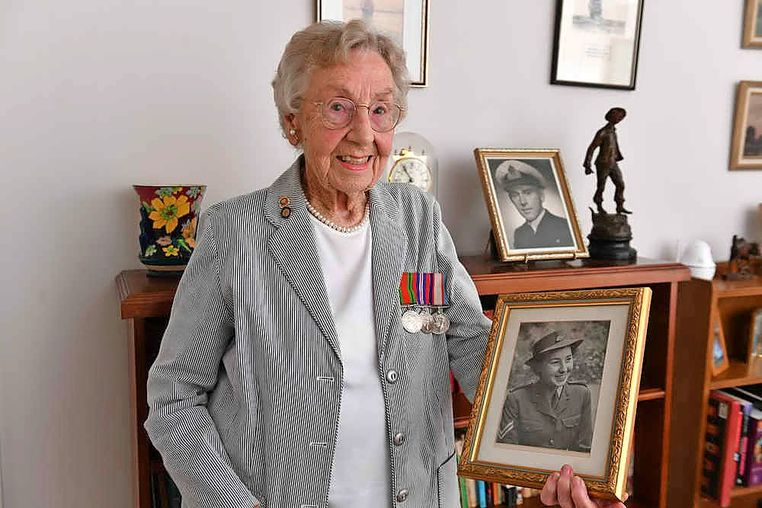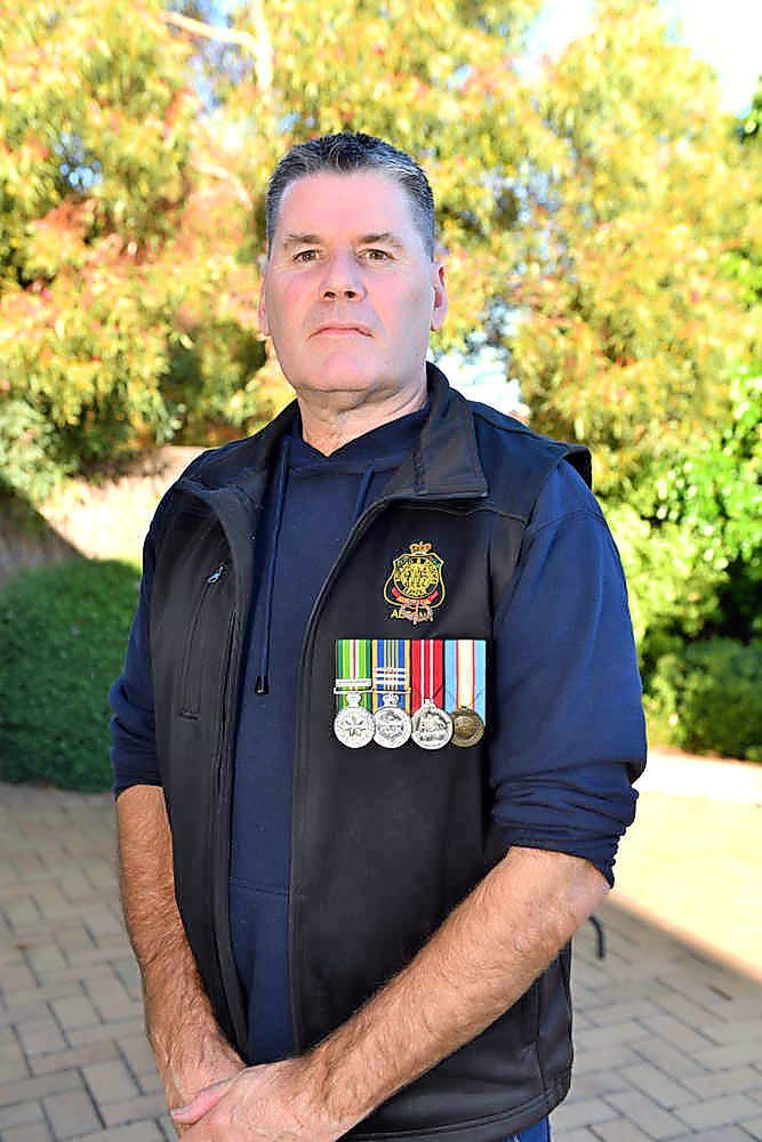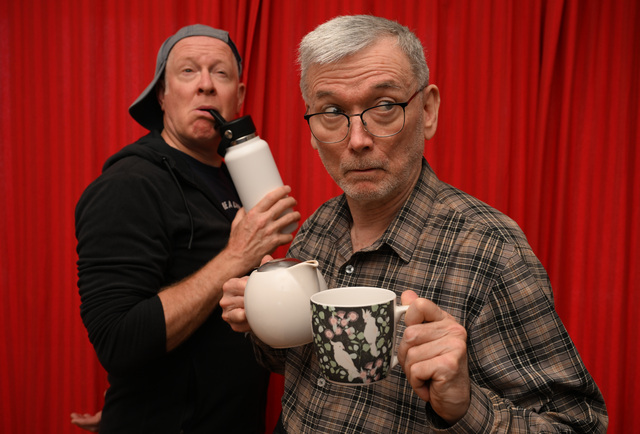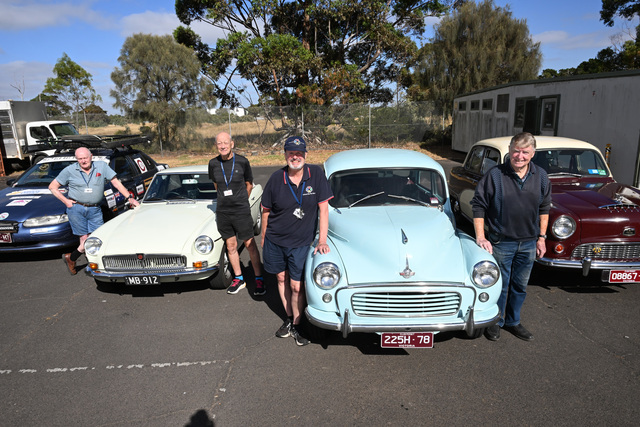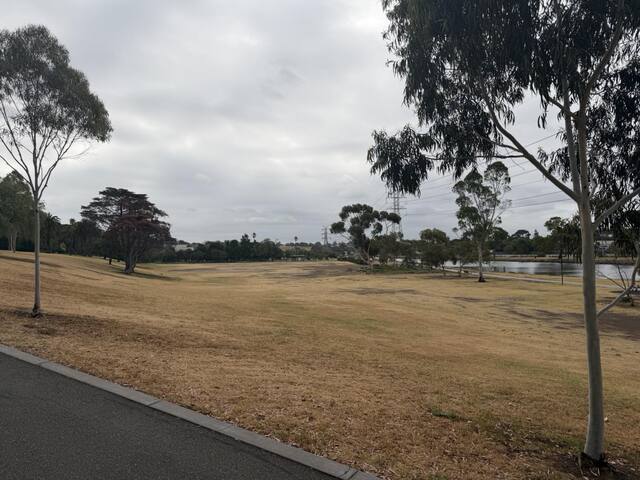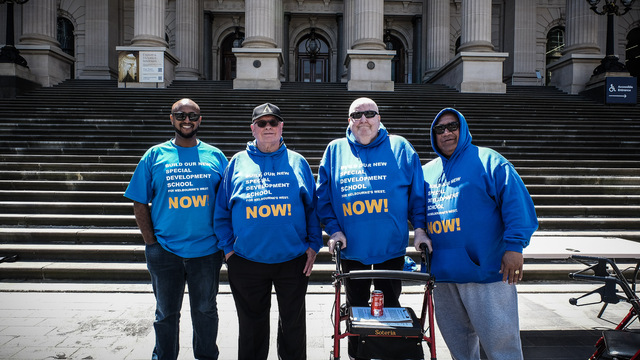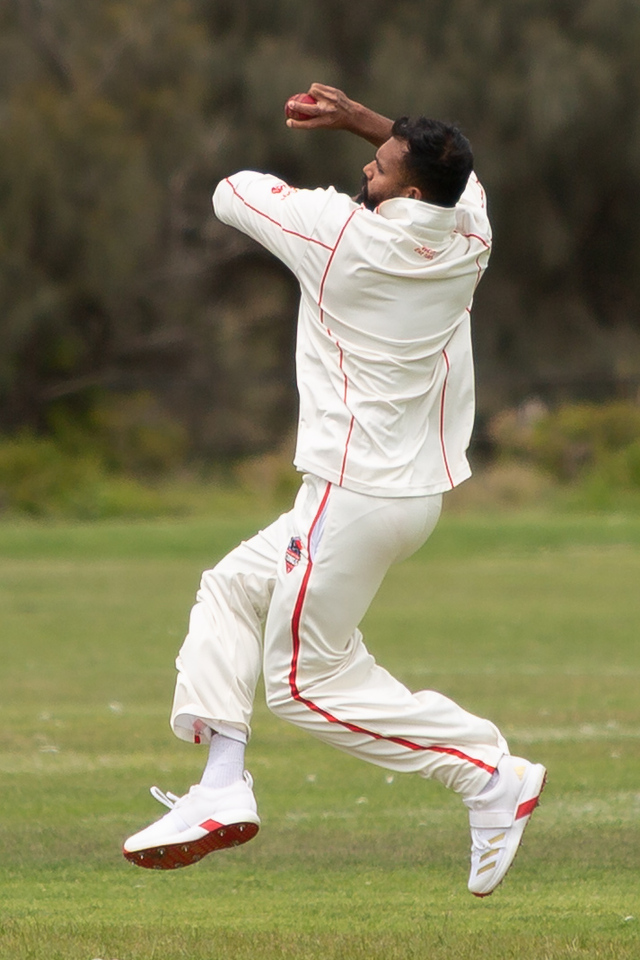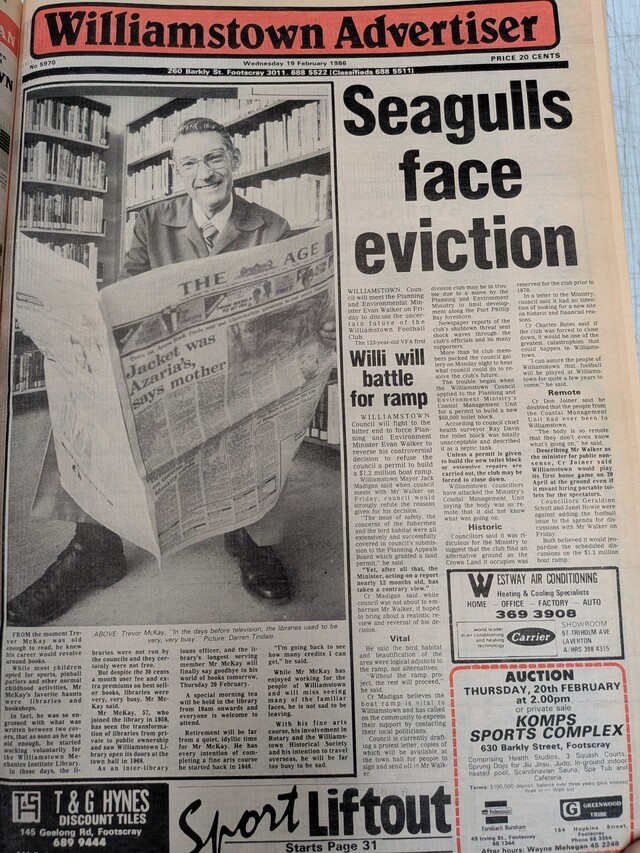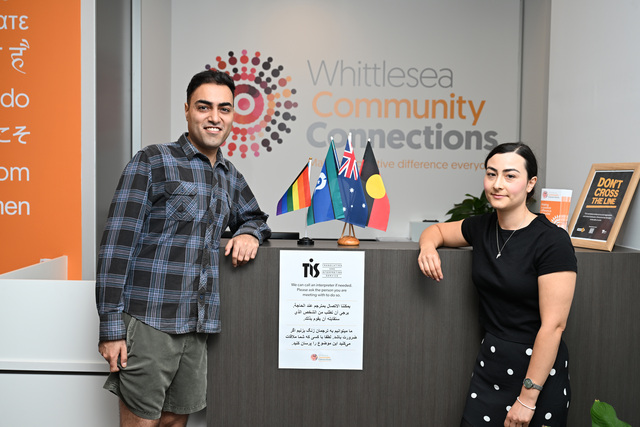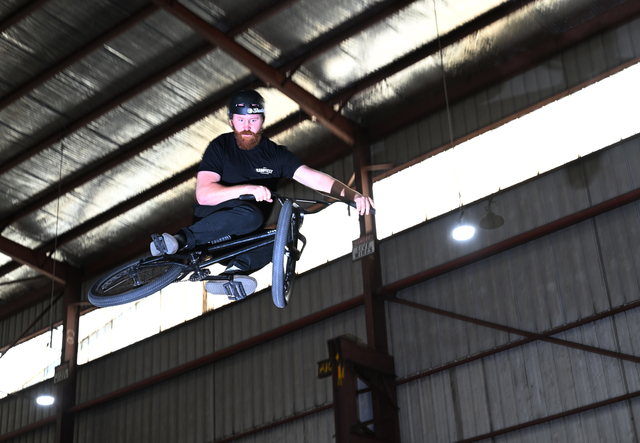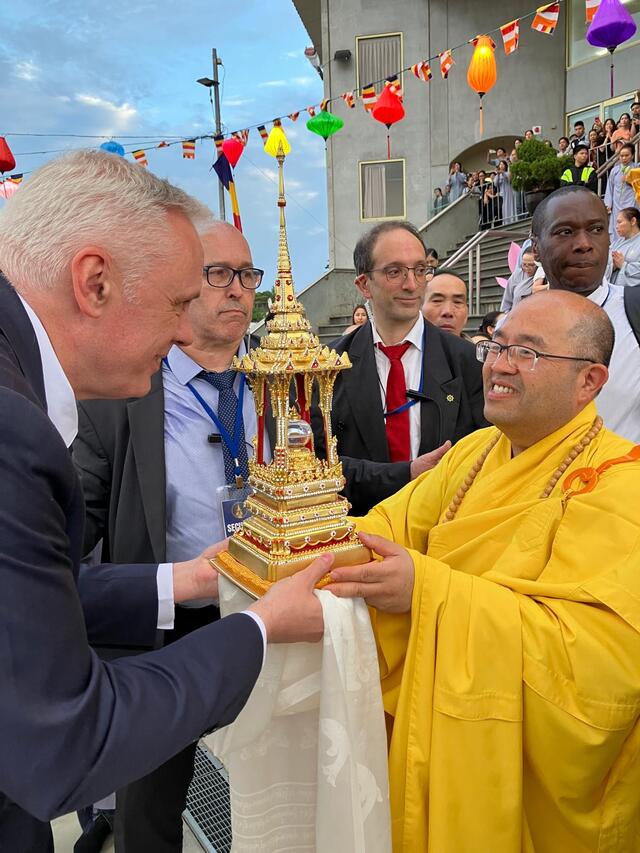At 95, Williamstown’s Pauline Priestly is among the last survivors of her generation to have served in World War 2.
The Altona RSL member enlisted as soon as she turned 18.
Her father had been in the Royal Flying Corps and her older brothers had already left for the war.
“My eldest brother was a flyer in the Second World War – all the brothers in my family are colour blind so he couldn’t be a pilot, so he was actually an observer,” Ms Priestly said.
“He was flying Lancasters but he was shot down over Europe somewhere … his body washed up on the shores of Amsterdam.
“My second brother, he was flying in the Pacific.
“Then, when my turn came, when I was 18, I wanted to join the Army.
“Women didn’t carry arms so they were either in administration, they were sometimes on ‘ack ack’ – machine guns. They called them ack acks because of the noise they make.”
Her skills as a stenographer won her a job in a logistics unit called Movement Control as a transport officer in Adelaide and later Darwin.
“It was the unit responsible for doing the timetables of all the trains and buses and directing which troops were to go where and which trucks were to go there,” Ms Priestly said.
“In 1942, the Japanese had just come into the war and they needed women in administration to take the place of the men, so the men could go and fight in New Guinea.
“When the Japanese came into the war, they didn’t say anything about it down south because they thought they might frighten people.
“Over 12 months, the whole of northern Australia was bombed from Townsville to Broome.”
Ms Priestly said it was hard to define what Anzac Day meant to Australians.
“These days, people think just as much about the Turkish people – that their country was invaded – which they didn’t in my day,” she said.
On Anzac Day she will join contemporary Diggers, among them Altona RSL president and infantry soldier Graham Williams who served in East Timor.

In 1999, violence erupted when the fledgling democracy chose independence from Indonesia and a UN-authorised force including Australia was deployed to restore peace.
“It was nine months. Lots of patrolling,” Mr Williams said.
“They got their independence and there were a lot of people against that independence … so there was a lot of unrest.
“The Indonesians were causing a lot of the problems. They’d taken their uniforms off them and were infiltrating and doing a whole lot of bad things.”
The Altona RSL member said Anzac Day was for “catching up with mates”.
“From ’99 onwards, everything’s changed everywhere. Whether it’s peacekeeping or Afghanistan or Iraq, it’s been busy everywhere.
“It’s hard to understand a lot of conflicts.
“We’ve got this guy, Hank, who just walked in off the street. He’s an artist. He’s been painting the guys that have been killed in Afghanistan. The venue’s just filling up now with the portraits of the guys.”

